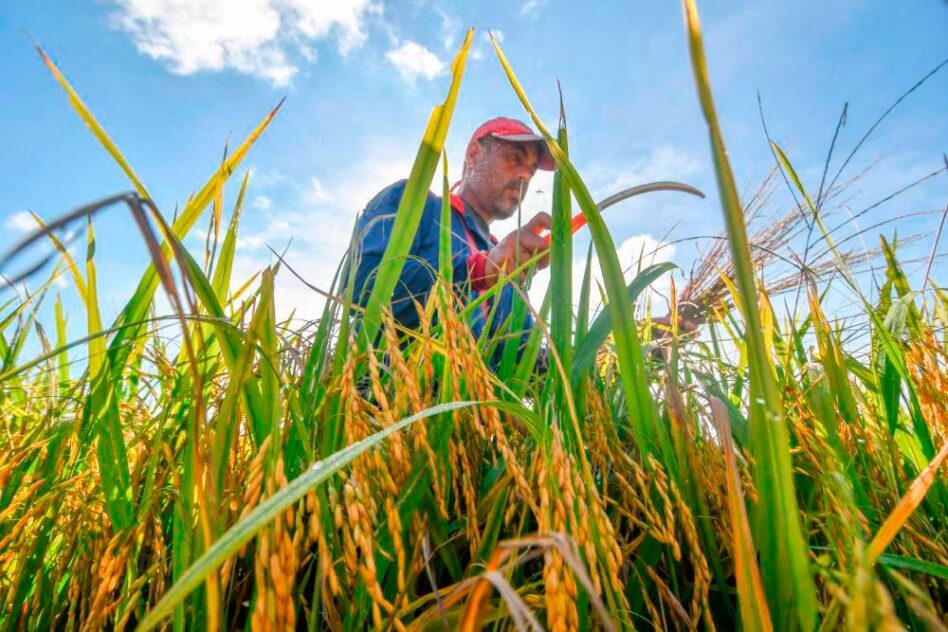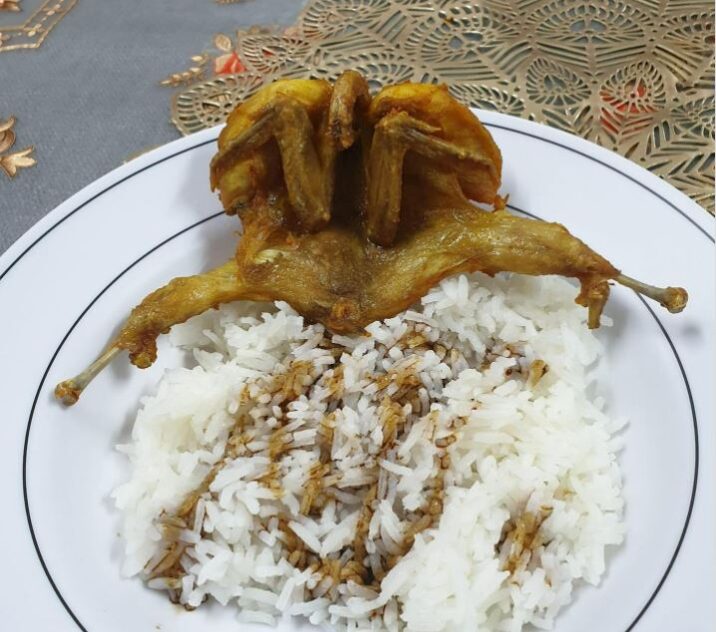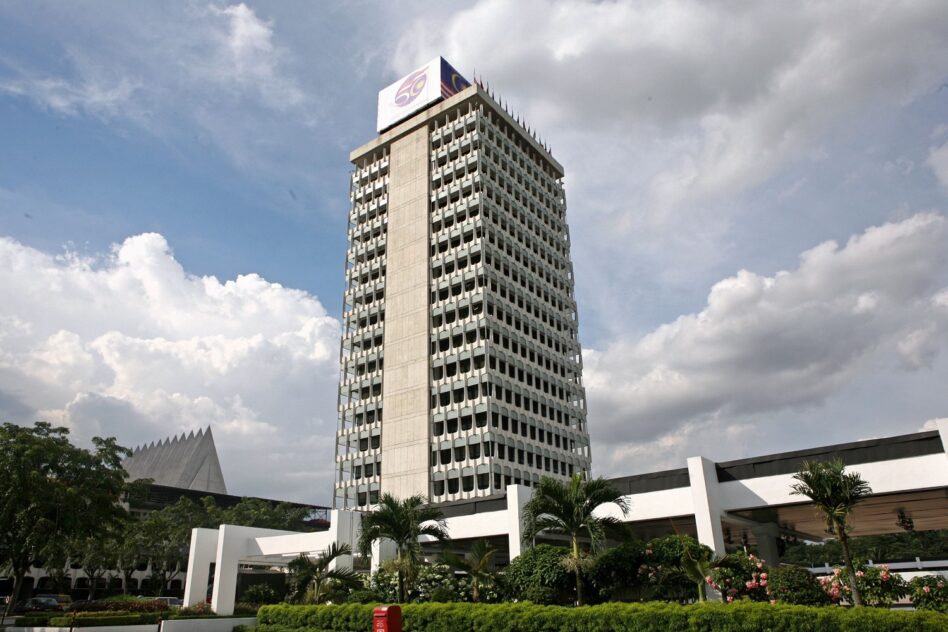KUALA LUMPUR: Affin Hwang Capital says 2020 could be a good year for plantation companies as crude palm oil (CPO) prices are expected to be supported by the tightness in the global supply of the eight vegetable oils, especially in the first half of the year.
The research house, which maintains an “overweight” call on the sector, has set the CPO average selling price at RM2,500 to RM2,600 per tonne for 2020-2021 earnings with Kuala Lumpur Kepong (KLK) as the top sector pick.
At 12.18 pm, shares of KLK went down two sen to 23.56 with 28,500 shares transacted.
Malaysia’s palm oil inventory as of Jan 20 declined to 1.76 million tonnes, its lowest level since June 2017, as CPO production fell significantly for the fourth consecutive month to 1.17 million tonnes.
“We expect the lower demand for palm oil products from the trade spat with India and 2019 novel coronavirus in China to only be a temporary setback.
“We also see production picking up again towards the second quarter as the monsoon season ends. For 2020 earnings, we expect Malaysia’s CPO production to be 1%-2% lower year-on-year due to the lagged effect of the dry weather in 2019, lagged effect of lower fertiliser application and minimal new plantings of oil palm,” it said.
Exports to China and India declined by 31.1% and 66.2% month-on-month (m-o-m) to 176,800 tonnes and 46,900 tonnes respectively.
On the other hand, exports to the EU and Pakistan increased by 26.6% and 87.7% m-o-m to 182,900 and 170,800 tonnes respectively.
Affin Hwang has set “buy” ratings on Ta Ann, IJM Plantation, Hap Seng Plantation, KL Kepong and Jaya Tiasa; and “hold” ratings on FGV, IOI Corp, SD Plantation, Genting Plantation and WTK.
Meanwhile, both MIDF Research and Maybank Kim Eng maintain a “neutral” call on the sector, saying that palm oil export demand is under pressure.
“We opine that India’s current restriction on refined palm oil and the purported trade ban on Malaysian palm oil amidst diplomatic tensions between the countries will continue to put downward pressure on export demand.
“We believe that the lower export demand from China is primarily due to the limited business activities arising from the outbreak of coronavirus,” said MIDF.
India and China in aggregate accounted for 37.5% of total Malaysian palm oil exports in 2019. However, this was partially moderated by the rise in Pakistan’s export demand by 112.2% year-on-year to 170,800 tonnes.
In addition, the higher domestic consumption through the B30 biofuel implementation and expectations of lower output in Indonesia could result in tight supplies of its CPO for the global export market.
This in turn could help divert buyers’ purchases of palm oil to Malaysia when there is a shortage.
Maybank Kim Eng projected a CPO price correction setting in sometime in the second quarter of this year when output recovers. “We are keeping our 2020-21 CPO average selling price forecasts of RM2,300-RM2,400 per tonne,” it said. – Feb 11, 2020, Bernama








